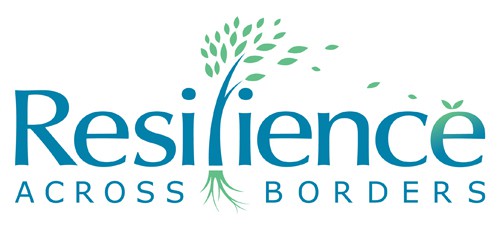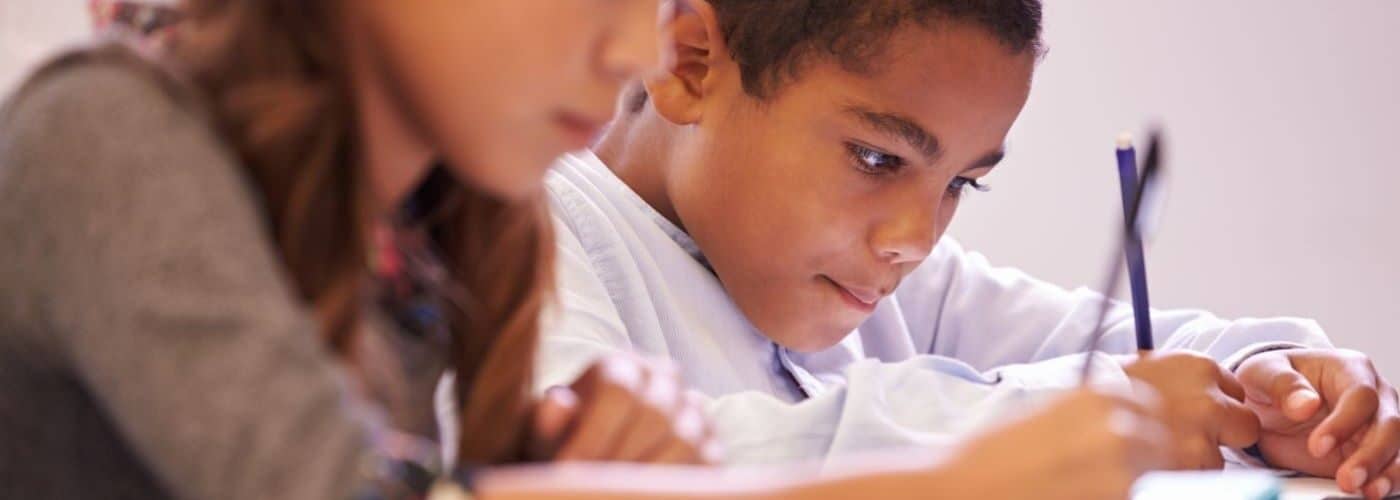History & Research
The Resilience Builder Program-Universal™ (RBP-U) is a school-based program adapted from the original Resilience Builder Program® (RBP), which was created by Dr. Mary Alvord in 1992. The RBP is a manualized, cognitive-behavioral intervention designed to help youth develop resilience, emotional regulation, and social skills.
Since its creation, the RBP has been implemented with youth from kindergarten through high school in private practice, clinical, and school settings. In 2009, Alvord, Baker & Associates, LLC (ABA) began a research collaboration with The Catholic University of America, examining the RBP’s effectiveness in both private practice and school contexts. Over more than a decade, studies have demonstrated that youth who participate in the RBP show improvements in resilience, social competence, and emotional regulation (Aduen et al., 2014; Alvord, Rich, & Berghorst, 2014; Senior et al., 2020; Watson et al., 2013)
Starting in 2015, the RBP was implemented in schools serving economically marginalized communities, and a randomized trial with 169 students (4th–6th grade) showed significant improvements in resilience-related skills for students who completed the program
Pilot Study- Prince George’s County (2024–2025 School Year)
In the 2024–2025 school year, a pilot study with 194 4th- and 5th-grade students in Prince George’s County demonstrated significant improvements in resilience, academic motivation, engagement, and interpersonal skills. Students showed increases on the Resilience Scale (reported by both students and teachers), and teachers reported gains on the ACES.
Note: In the accompanying graph, an *asterisk indicates statistically significant differences* from pre- to post-intervention.


Current Efforts – Randomized Controlled Trial
The Resilience Builder Program-Universal™ (RBP-U) is currently being evaluated in a Randomized Controlled Trial (RCT) during the 2025–2026 school year in Prince George’s County. This trial is testing the program’s effectiveness when delivered classroom-wide and is designed to provide rigorous evidence of its impact on resilience, social-emotional skills, and academic engagement.

